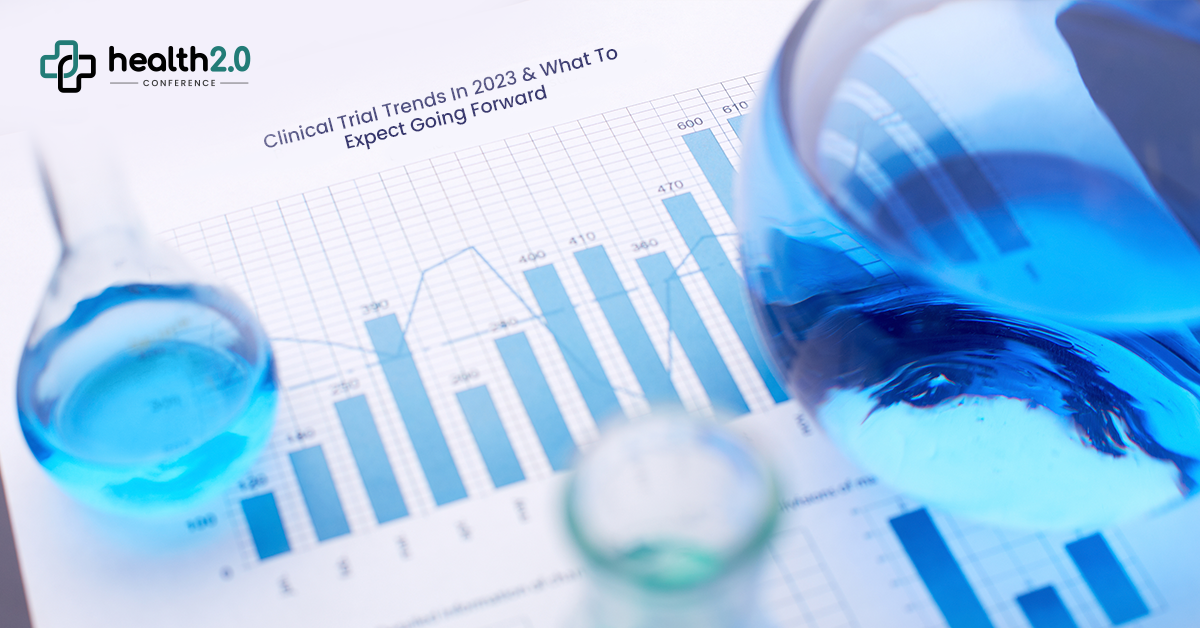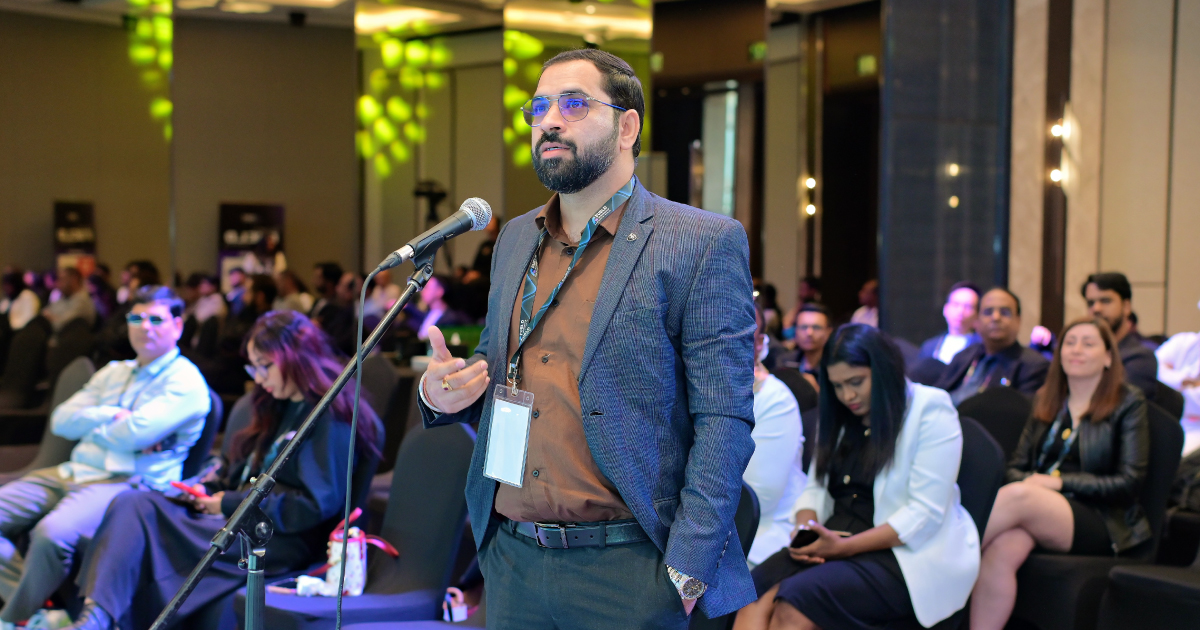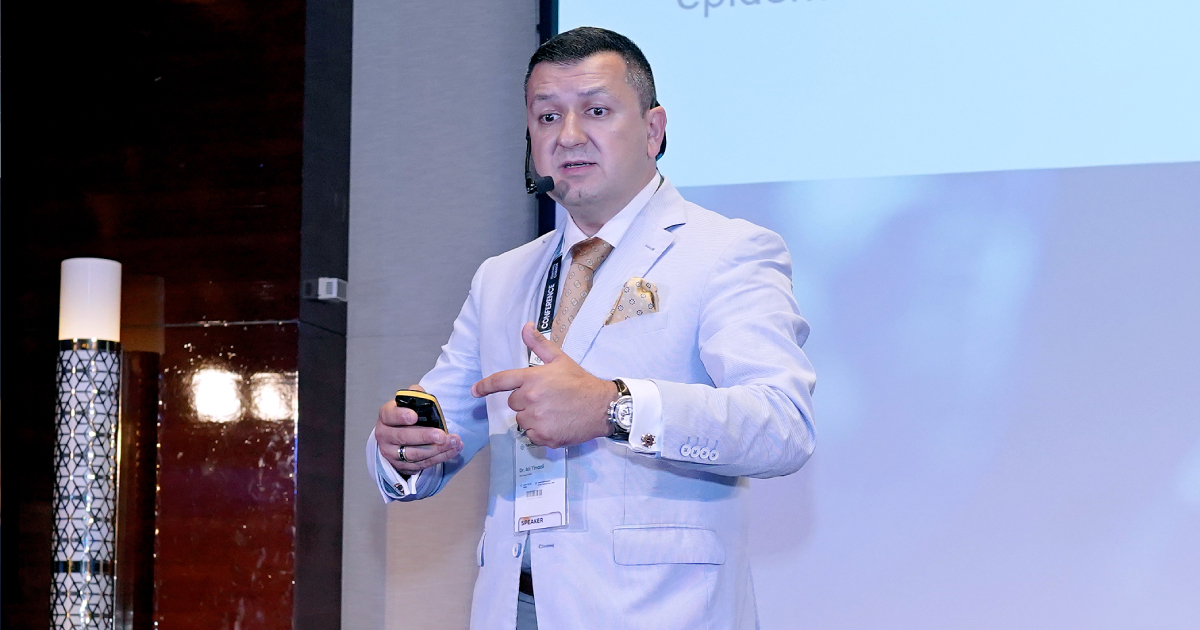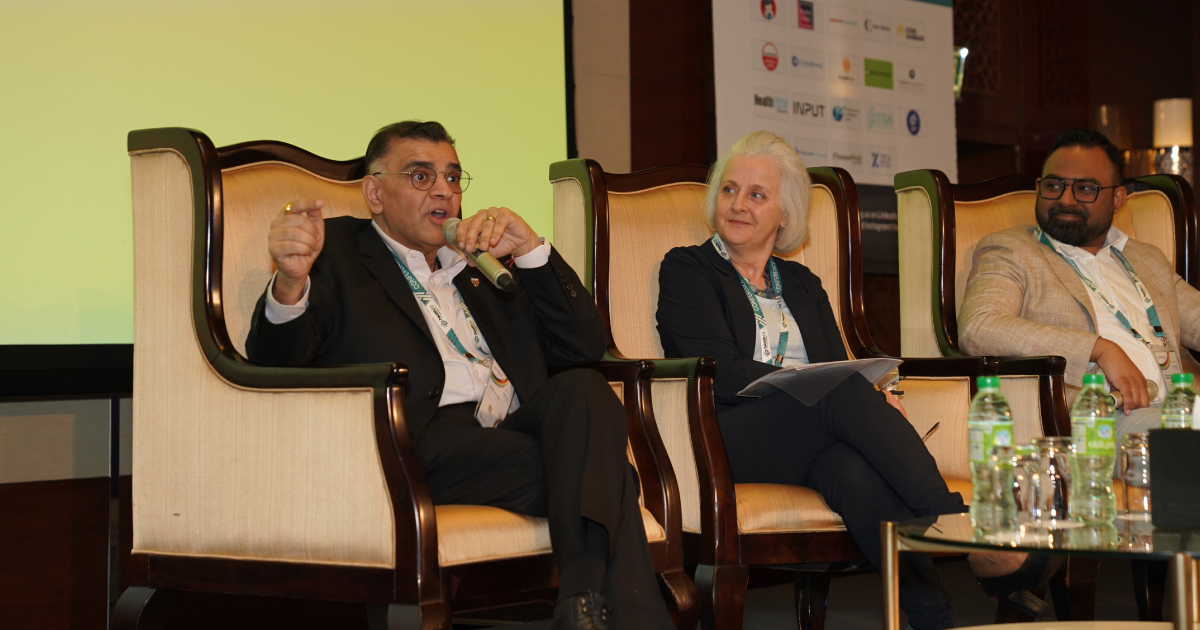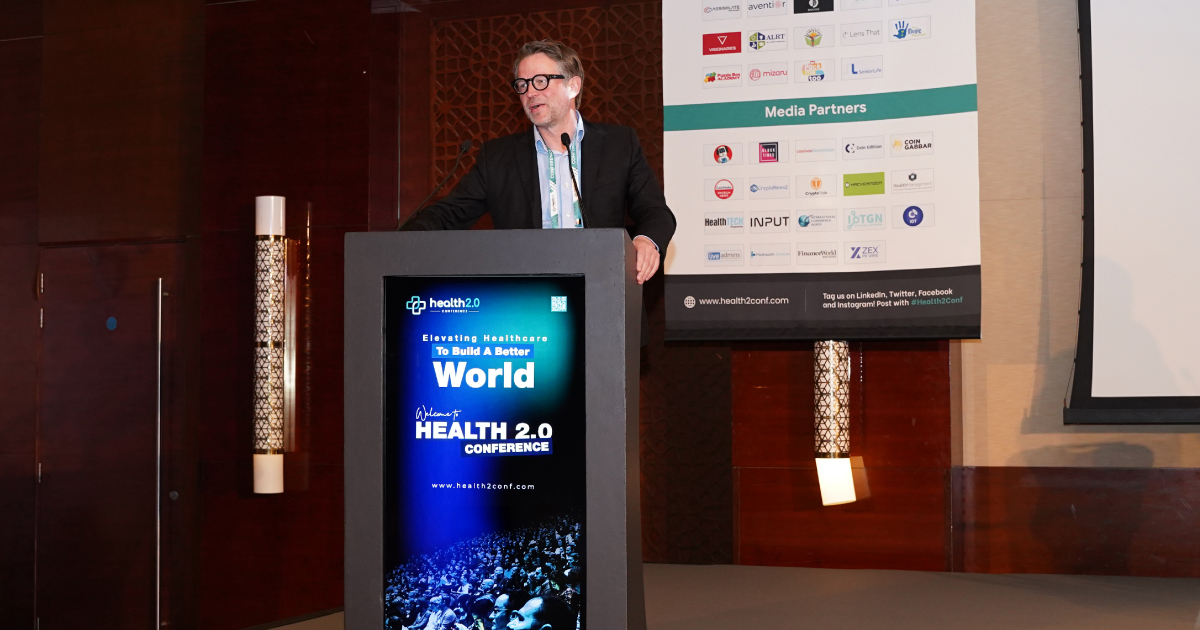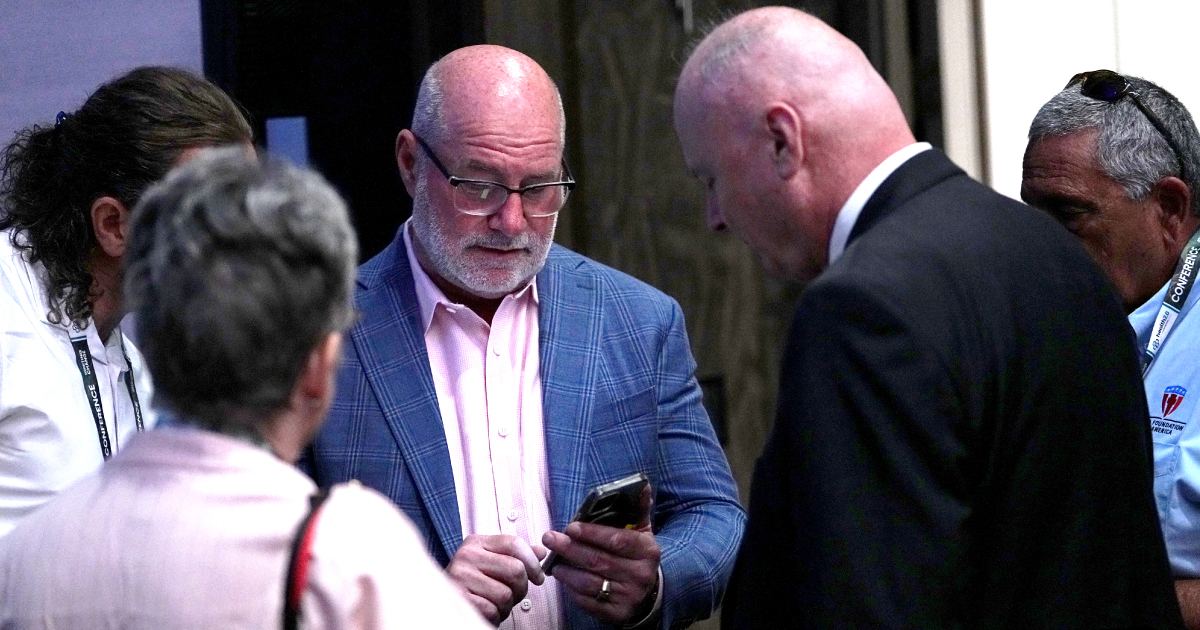The world of clinical trials is constantly evolving. As new treatments and medicines come to market, the expectations and protocols surrounding clinical trials also evolve to ensure safety and efficacy. In 2023, we can expect to see even more advances in the world of clinical trials that will benefit patients around the world.
Thankfully, the integrations of tech-based solutions in the healthcare industry have shown promise for some time. Post COVID, these solutions have become a concrete go-to in the industry. Breakthroughs in technology have reshaped the clinical trial trends, with the essential trends summarized as follows -
Decentralization Of Trials
A significant challenge faced by institutions conducting these trials is patient recruitment. Decentralization, at its core, is synonymous with patient convenience. This, in turn, directly uplifts the rate of recruitment. Offering greater personalization options to become patient-centric helps ease the process & reduce patient burden. Tools like online surveys and questionnaires can streamline communication, along with monitoring tools that can help keep patients engaged.
Introduction Of Artificial Intelligence
Automation of various processes during clinical trials has been made possible by integrating Artificial Intelligence. This leads to a reduction in staff errors & workload. AI also helps establish patient eligibility from electronic records using Machine Learning (ML) tools. Experts taking the stage at top healthcare conferences such as Health 2.0 Conference have provided insight into how AI will have the most significant impact in automating & regulating not just trials but the industry as a whole.
Evidence Of Real-World Data
Data transparency has been a huge issue in the past for clinical trials facing issues related to privacy restrictions & regulatory constraints, to name a few. The introduction of trial registrations has been an immense help in tackling this transparency issue. The use of blockchain technology helps improve data transparency & credibility. Clinics are now able to meet ethical regulations, provide accurate patient data and, in turn, allocate funds effectively, prompting product development.
Cybersecurity & Data Protection
As discussed at the Health 2.0 Conference, the healthcare industry has been susceptible to scams, cyber-attacks & data breaches in the past due to sensitive patient information. To tackle this, innovators have been developing countermeasures against such attacks. Startups have presented developments in this area at recent healthcare conferences to attract global attention from industry leaders. Prevention of such attacks is critical in building patient trust & reducing costs incurred through these attacks.
Greater Flexibility With Remote Monitoring
The introduction of health-tracking wearables in the industry has significantly helped monitor patients remotely. This has allowed for greater flexibility for clinics in collecting & analyzing patient data. Remote monitoring also promotes mobile-based tracking applications (mHealth), which provide more convenience for researchers in today’s digital world. These applications allow for fewer logistical constraints & allow medical researchers to observe changes in the patient in real time.
Impact Of Geopolitical Issues
The impact of depressed public market valuations is predicted to be felt across the healthcare industry. Experts have shed light on this issue at recent healthcare conferences, notably, Health 2.0 Conference, held in the USA, explaining how even with exciting new developments such as gene editing being presented in the market, biotechs are struggling to raise finances simply because of high dilution levels or lack of demand. Financing constraints may lead to prioritization based on the level of investment & returns involved. This may also lead to the termination of programs.
Conclusion
2023 is set to bring about many innovations & changes in the healthcare industry. The pent-up demand due to COVID-19, while accelerating development, will also come with its fair share of challenges.
Gain insight into these trends & much more straight from experts & industry leaders at Health 2.0 Conference, set to be held in the USA & Dubai. Discover innovative perspectives & inspire change to help solve challenges faced in the healthcare industry today.



